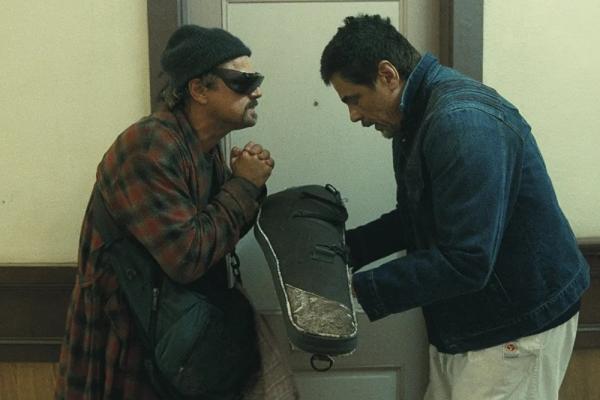“You know what freedom is? No fear,” says Benicio Del Toro’s Sensei Sergio in One Battle After Another, inspiring Leonardo DiCaprio’s Bob Ferguson to face an authoritarian manhunt right on his family’s tail. While both Bob and Sergio are, in certain senses, doomsday preppers, they react quite differently to an impending threat. And how we react when we feel under threat makes a big difference, both to our own wellbeing and to the movements we care about.
In the film, Bob is an in-hiding former member of the far-left revolutionary group called the French 75. For the last 16 years, while raising his daughter Willa in the sanctuary city of Baktan Cross, he’s lived with an intense paranoia about her safety and the potential of his old life coming back to haunt them both.
Read the Full Article

